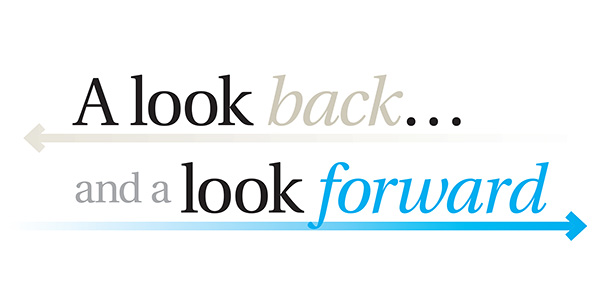

That is when I realized that there is some work that needs to be done in elementary and how do we do that. They have been pressured into a very finite definition of what it means to be a man. They are trying to figure out who they are but they are also pressured into conforming. In middle school, their filters are so weak so they just blab stuff out of their mouth that they have learned from their uncles, fathers, TV, video games, movies. At the high school, it was a little more subtle even though it is sort of abrupt. they were less mature, so they were doing it in really ugly ways.

And, when they came into sixth grade with this belief about exactly what it meant to be a man and what it means to be cool what it means to be tough. There are a bunch of boys who are struggling.” And it just happened. And, when I went to the middle school, I was just trying to get the hang of being a vice principal and then the woman who was in charge of the sixth grade said, “Ashanti, I need some help with these boys. I was just a teacher saying these boys need support. When I started EF in high school it was just because that is where I was at. All the things that were creating chaos in the schools were coming from the boys. But really, the challenges for the boys were so great in terms of behavior, in terms of fighting, in terms of gangs, in terms of drugs, in terms of violence. There was not a lot of talk about what boys need because people were still saying we need to help the girls to balance out the playing field. People were actually shocked when I wanted to start a club for boys. When I started EF in 2004, there was not a big movement around social and emotional learning. I was not dreaming about starting a nonprofit. I knew early on that students were coming to me in high school not ready for the rigor or high school. I began my career teaching in high school. We work with fourth and fifth grades in elementary, as well as with middle school and high school. Do you think that middle school is the best time to introduce young men to an opportunity like EF because they are more open to it? Should we back it up and expose them to this type of experience at an earlier age? Is high school too late?ĪB: EF is at all three levels now. KG: You referred to middle school as being a really difficult time in life for you in particular.

I created EF because as a youngster, that was something I really wanted, and as a teacher, that is what I saw was really needed. I did not have a place where I could just say things like, “I am going to go to a place where I can study engineering, and I am going to be ‘rich.’” For most people I grew up with, if you weren’t an athlete or you weren’t a rapper, first of all, you weren’t going to be rich because no one knew any other careers and, two, no one wanted to hear about it because that is not what was cool to them. There were a couple of people in my class who I could quietly ask questions like, “Hey, what do you think about going to college?” And, then, I would go back to my other friends and just talk about things that they wanted to talk about. I was on track, but I could not talk about my goals and things like that with a lot of people. I grew up having to be emotionally responsible really early, so I think that when I created EF-although I did not know this when I created it-it was something I so wish that I had had in high school. And I wanted to have a place where it was okay to be an emotional person. I wanted a place where there were mentors and men who had done things in their careers and I could ask questions about it, learn about it, and I could ponder things I wanted to do without other people squashing my dreams because their dreams were limited. Krystal Goree: How did your background impact the creation of the Ever Forward (EF) Club?Īshanti Branch: I created EF because it was something I always wanted-I wanted to have a place to be with other young men and talk about feelings. He is already realizing this dream in a powerful way. Today, as the Founder and Executive Director of Ever Forward Club, Ashanti looks back on his past and shares his dreams for the future-dreams of helping and supporting young men who come from backgrounds similar to his. Growing up in a single family home on welfare in Oakland, CA, Ashanti Branch never dreamed that he would become an educator.


 0 kommentar(er)
0 kommentar(er)
